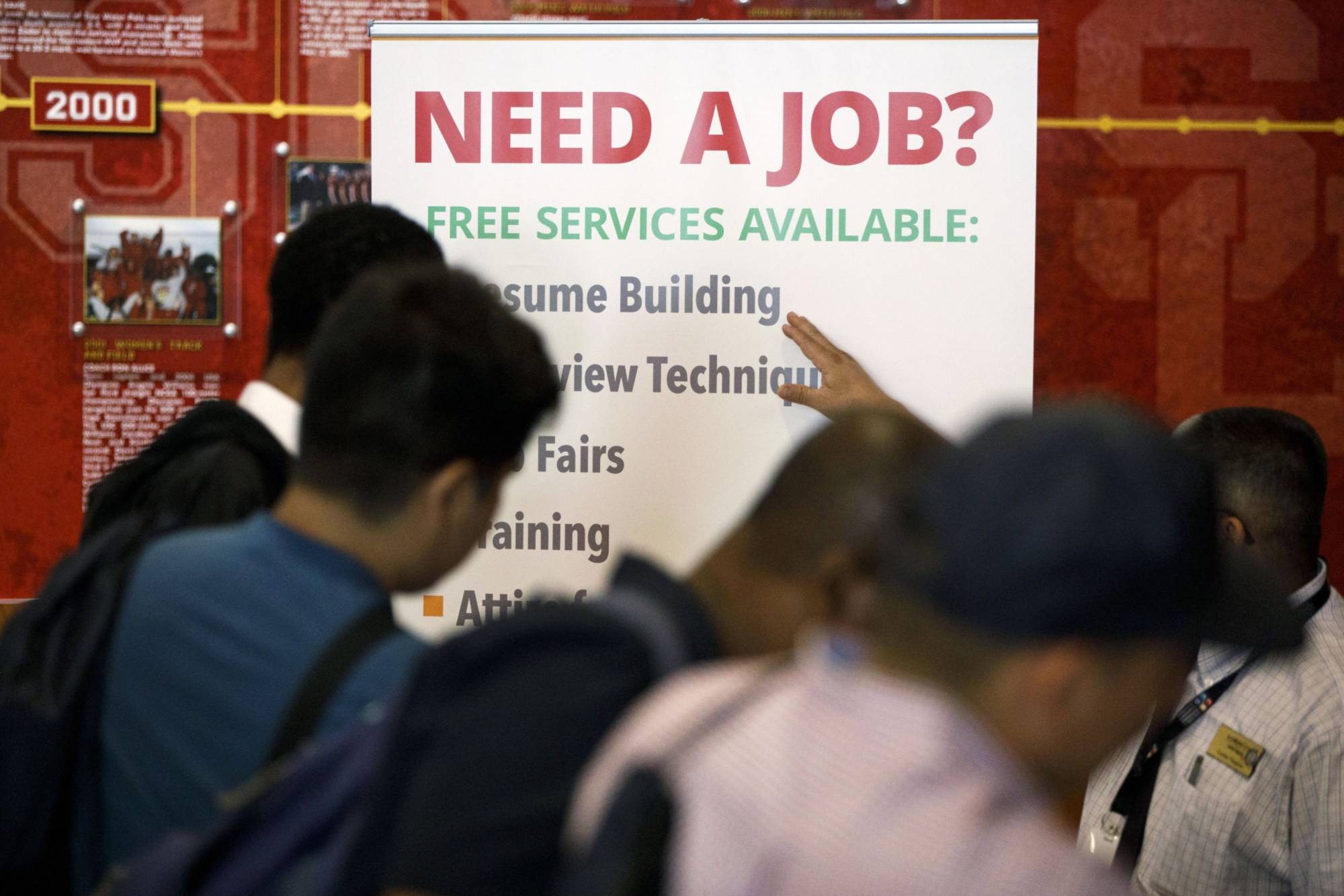Finding the right person for a job can seem impossible when hundreds are applying for a single position at once. Many employers have turned to software to whittle those candidates down, but there’s a problem: The software can snub perfectly good workers.
So-called Application Tracking Systems, the official term for resume-filtering software, were designed to help companies cope with the growing number of job applications flooding in for each vacancy over the past two decades. Nearly all Fortune 500 companies use this kind of software for recruiting, according to a Harvard Business School study released earlier this month.
The study found that millions of qualified job seekers were being rejected at the first stage of the application process because they didn’t meet certain initial criteria set by the recruitment software. For example, the software might put someone in the "no” pile if it detects a one-year gap in employment, disadvantaging people who have been on long-term parental leave or are veterans. The software also sometimes uses proxies like a college degree to assign attributes like work ethic, barring people who might have gained those qualities from other kinds of life experience.


















With your current subscription plan you can comment on stories. However, before writing your first comment, please create a display name in the Profile section of your subscriber account page.